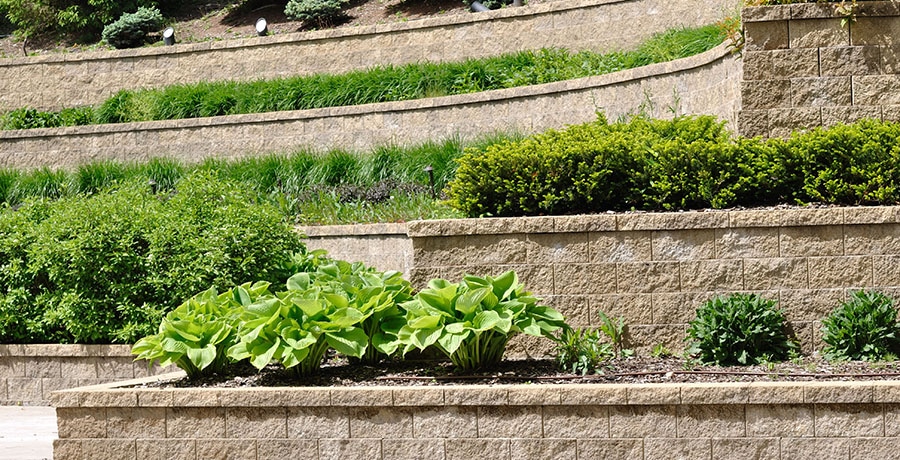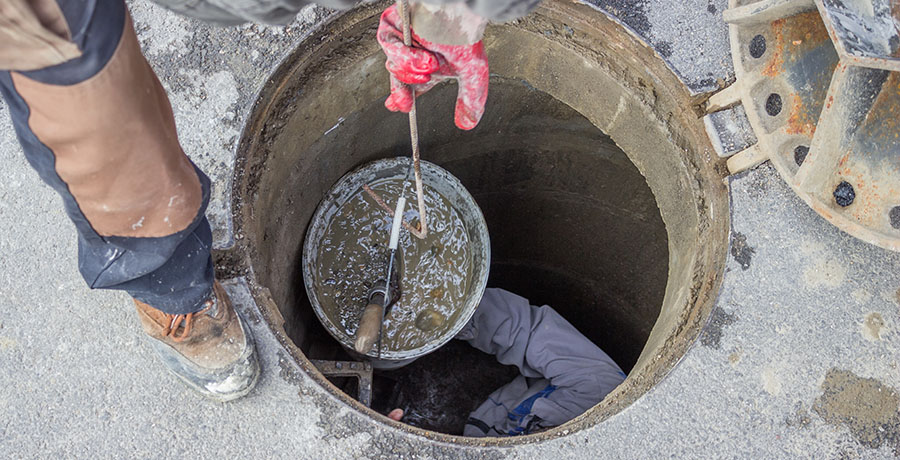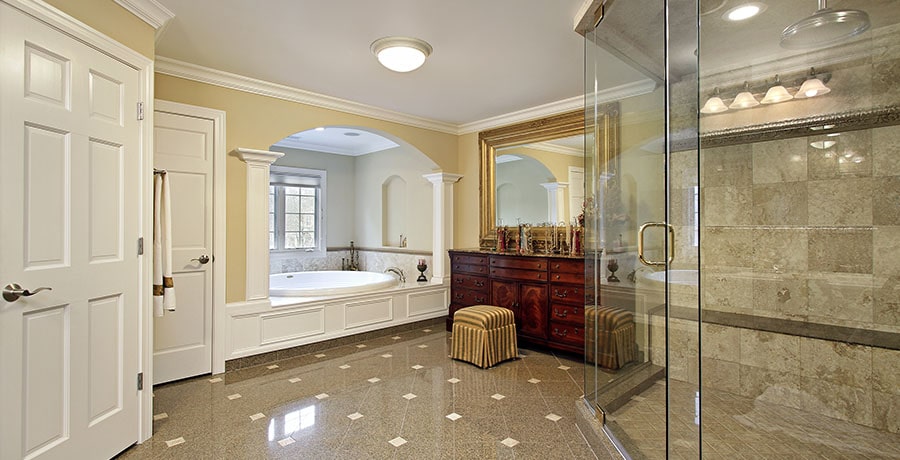
Choosing the right retaining wall material can be a tricky job. Not only do you have to consider several factors such as the size and water exposure, etc. but also the type that will match your needs. Retaining wall and patio builders can recommend the right materials, however, you can use this guide as well to learn about the best material for retaining and how you can go about making the right decision. Let’s begin!
Characteristics To Consider
Size
Size is the first factor that you should consider when it comes to building a retaining wall. Regardless of whether you are building a short retaining wall or a tall one, it needs to be extremely solid. With that said, you can choose the retaining walls to be made of stones, wood, or stacked concrete blocks instead of relying on mortar substances to keep them in place.
Water Exposure
The next important factor you need to consider is water exposure. The reason is that the material will be exposed to precipitation and humidity. This can affect the overall lifespan of the material. If you are building a retaining wall close to a body of water, it should be able to withstand an extreme amount of moisture around. For this reason alone, you should opt for a material such as concrete that is able to deflect moisture and humidity comparatively easier than the materials used such as wood. Instead, you should opt for stone, brick, and concrete blocks.
Style
As mentioned earlier, retaining walls need to be strong and durable. However, some may prefer style over durability and strength. In that case, stone or wood will offer a more naturally pleasing look than concrete. Plus, it also sits in well with the overall vibe of the house. And if you want something unique, you can always opt for different combination of finishes.
Common Types Of Materials
Wood
When it comes to aesthetics for a retaining wall, there is nothing better than wood as it gives off a rustic and classic look. In addition to that, it is very easy to mesh it with the outdoors, plants, and earth. Furthermore, wood is also relatively easier to cut and handle due to its flexibility and lighter weight.
However, the downside to wood is that it is not that resilient and cannot withstand external factors for longer periods. It will eventually decay due to water and insects. Therefore, it comes with a lot of maintenance to keep it in good condition.
Stone
Stone has been used for centuries due to its robustness. Additionally, it features a natural texture, which ensures a natural appeal. The downside to using stones for retaining walls is that it requires a lot of time, effort, and labor, which increases the overall cost. Therefore, if budget is not an issue, you can go for stone retaining walls that will last for years to come.
Brick
Brick is the most commonly used retaining material. But there are several varieties. For instance, lime, clay, and sand may be mixed into bricks. Moreover, brick is durable enough to stand moisture and humidity, which makes it a considerable option. However, you are going to need mortar to keep the bricks in place. And plus, you will have a hard time replacing a damaged section of the retaining wall as the entire structure is compromised.
Concrete
Concrete comes in two forms – poured and blocks concrete. Concrete blocks are better for short walls. Plus, they are easy to install and place and you can choose from a wide selection of dimensions. On the other hand, poured concrete is prepared at the construction site, which is used for relatively taller walls.
However, in the case of poured concrete walls, you have to install a reinforced horizontal concrete base that stops them from moving. In simple words, you are looking at additional tasks that will give you a run for your money but will last decades.
Final Word
In the end, it all comes down to your needs and preferences. You can opt for stone or concrete that will last for years or choose wood that is visually appealing but does not last long. You can also opt for a brick retaining wall but all of that ultimately depends on the amount of time, effort, and money you are willing to invest. Consult masonry contractors Long Island and have your backyard inspected to get recommendations.



